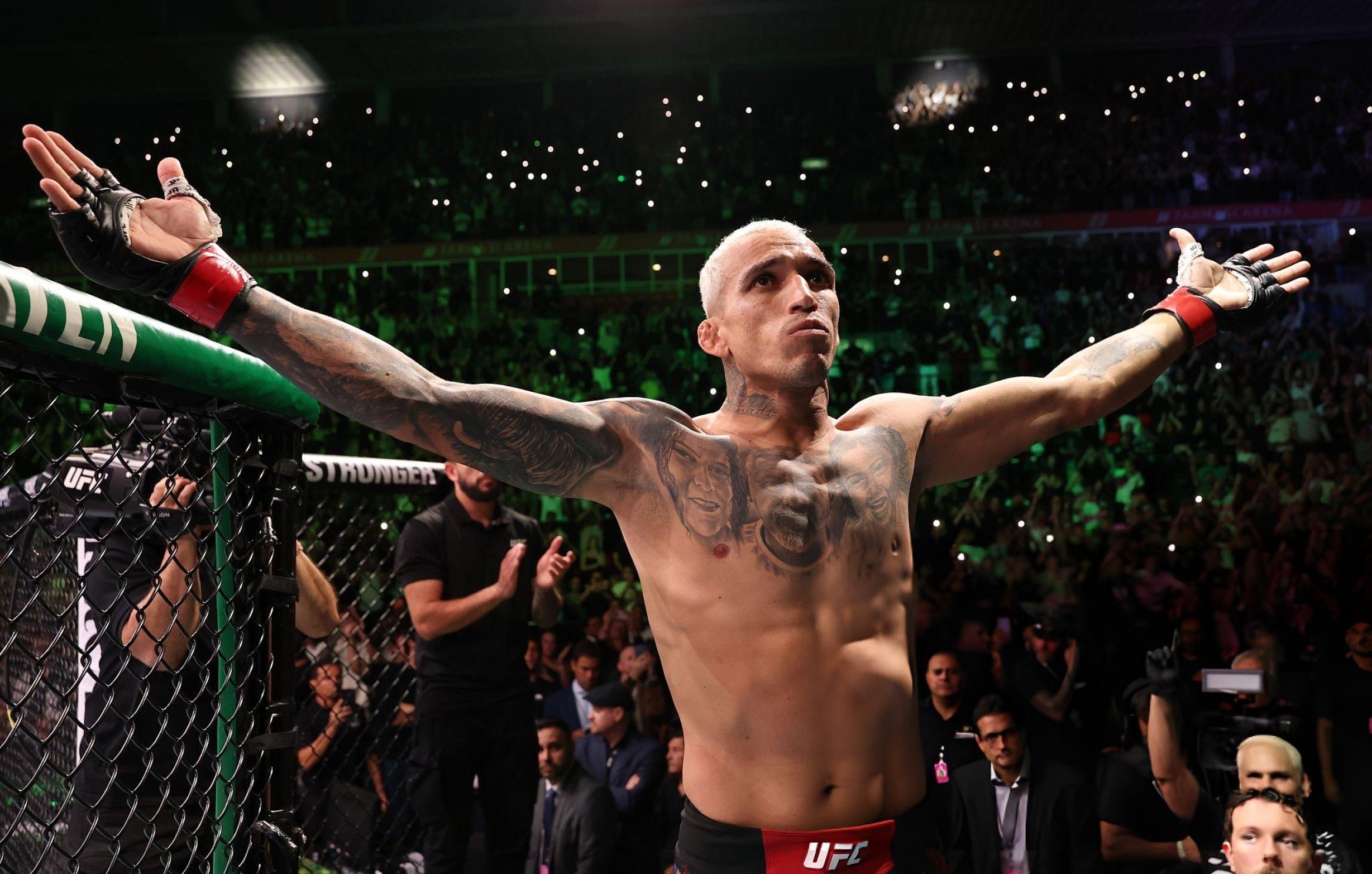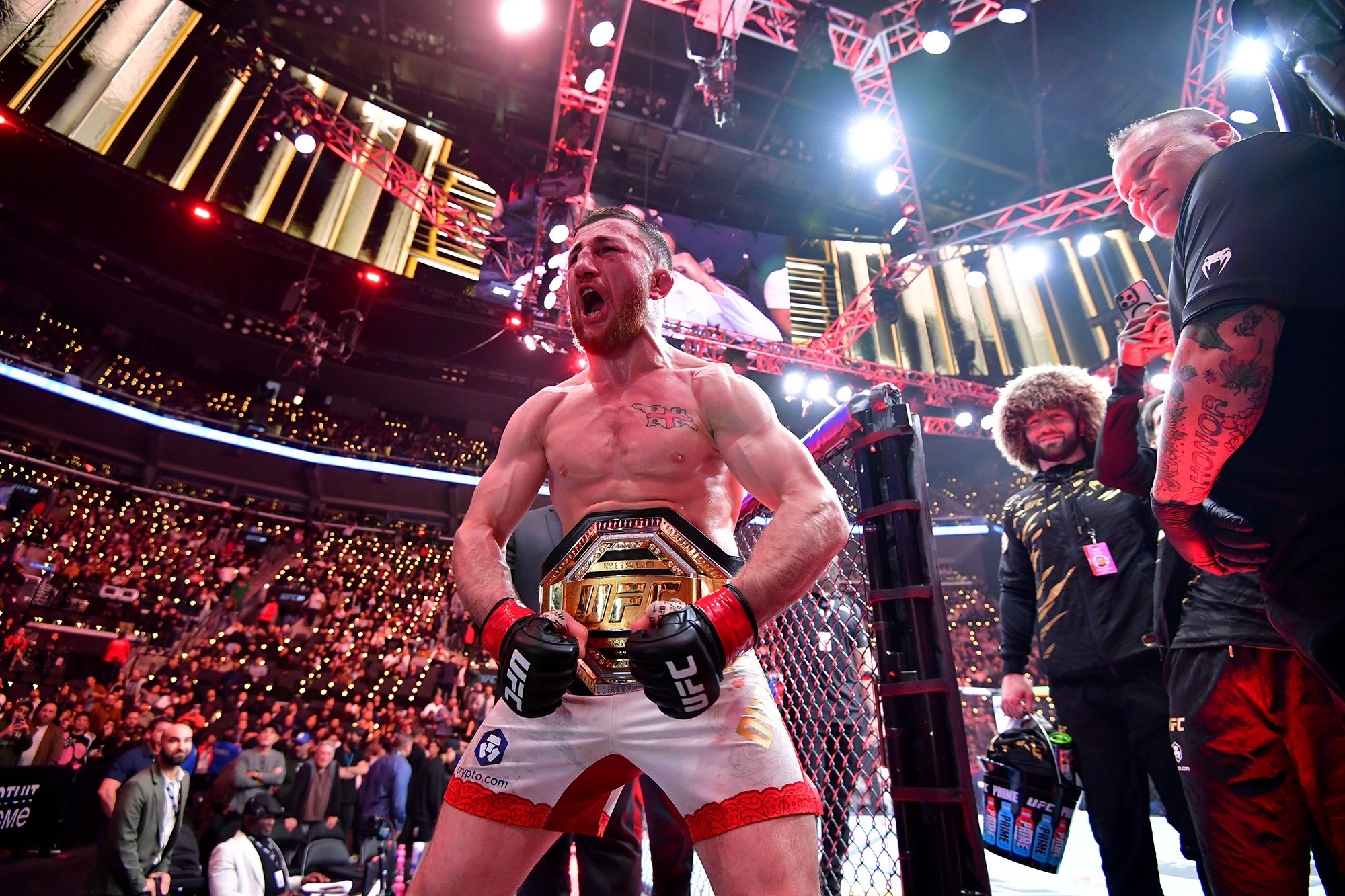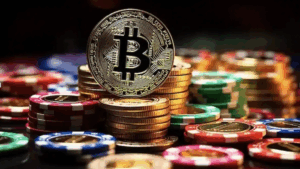The Olympic Games: A Legacy of Unity, Competition, and Evolution in 2025
The Olympic Games stand as humanity’s greatest celebration of athletic achievement and global unity. Every four years, athletes from around the world gather to compete. They push the boundaries of human potential. This spectacle embodies ideals of peace, friendship, and fair play. The Olympic Games global impact spans millennia. They have evolved from ancient rituals to a worldwide phenomenon. In 2025, the Olympic Movement continues to adapt. It addresses modern challenges while upholding its timeless spirit.
The Ancient Origins: A Sacred Tradition
The Olympic Games began in ancient Greece. They are a testament to early human competitive spirit. Their roots are deeply intertwined with religious festivals.
Early Beginnings in Olympia
Historians trace the origins of the Ancient Olympic Games to 776 BC. People held these Games in Olympia, a sanctuary site in Greece, honoring Zeus. Initially, the competition featured only one event: the stadion (a footrace). Over time, organizers added more disciplines. These included wrestling, boxing, chariot racing, and the pentathlon. Only free-born Greek men could compete. Spectators traveled from all over the Hellenic world to witness the events. The Games fostered a period of “Olympic Truce” (ekecheiria). This allowed athletes and spectators safe passage to Olympia. The ancient Games reached their peak in the 6th and 5th centuries BC.
Decline of the Ancient Games
The Roman Empire’s growing influence eventually led to the decline of the ancient Games. Emperor Theodosius I abolished them in 393 AD. He viewed them as a pagan festival. Thus, a tradition lasting over a millennium ended.
The Modern Revival: A Vision Reborn
After nearly 1,500 years, the Olympic spirit rekindled in the late 19th century. A French nobleman championed its return.
Baron Pierre de Coubertin’s Dream
Baron Pierre de Coubertin spearheaded the revival. He believed that sport could promote international understanding and peace. He founded the International Olympic Committee (IOC) in 1894. This set the stage for the modern Games.
The First Modern Olympics
The first modern Olympic Games took place in Athens, Greece, in 1896. Athletes from 14 nations competed in 43 events. This historic event marked the rebirth of a global tradition. It laid the foundation for the Games we know today.
The Olympic Movement: Structure and Governance
The Olympic Games operate under a complex, globally recognized structure. The IOC leads this movement.
The International Olympic Committee (IOC)
The International Olympic Committee (IOC) serves as the governing body of the Olympic Movement. Founded in 1894 and based in Lausanne, Switzerland, it is a non-profit, independent international organization. The IOC organizes the Summer, Winter, and Youth Olympic Games. It also oversees the National Olympic Committees (NOCs) and International Sports Federations (IFs). The IOC distributes 90% of its revenues to support athletes and sports development worldwide. Its mission is “to build a better world through sport.” In a significant development, Kirsty Coventry of Zimbabwe was elected the 10th President of the IOC in March 2025, becoming the first female President in the Committee’s history.
National Olympic Committees (NOCs)
Each participating country has an NOC. These committees promote Olympism at the national level. They select and send their nation’s athletes to the Games. They also ensure adherence to Olympic principles.
The Games Today: Global Impact and Evolution
The Olympic Games have grown immensely since 1896. They now represent a massive global undertaking with profound impacts.
Economic and Cultural Influence
Hosting the Olympics generates significant economic and cultural impacts.
- Economic Benefits: Host cities often see increased tourism, infrastructure development, and job creation. The Games can boost a country’s global trade and stature. Barcelona (1992) and Los Angeles (1984) are examples of cities that profited. However, costs are astronomical. Many host cities face budget overruns and underutilized venues post-Games. Ensuring a positive long-term legacy requires careful planning.
- Cultural and Social Impact: The Games foster a sense of national pride. They promote cultural exchange and global unity. Millions around the world tune in, creating a shared human experience. New sports, like breakdancing (debuting in Paris 2024), surfing, skateboarding, and sport climbing, attract younger audiences. This showcases the evolving nature of the Games.
The Calendar of Games: 2025 and Beyond
- Paris 2024: The most recent Summer Olympic Games took place in Paris from July 26 to August 11, 2024. Paris aimed for sustainability, inclusion, and innovation. They used iconic landmarks as venues, creating a compact event.
- Milano Cortina 2026: Italy will host the next Winter Olympic Games from February 6 to 22, 2026.
- Los Angeles 2028 & Brisbane 2032: Looking further ahead, Los Angeles will host the Summer Games in 2028. Brisbane, Australia, will welcome the world in 2032.
- Skopje EYOF 2025: In 2025, Skopje, North Macedonia, is hosting the Summer European Youth Olympic Festival (EYOF) from July 20-26. This significant event for young athletes emphasizes sports popularization and healthy lifestyles. It showcases future Olympic talent.
Current Challenges and Future Directions (2025)
The Olympic Movement faces various complex challenges in 2025. These shape its future trajectory.
Key Obstacles
- Financial Viability: Hosting costs continue to skyrocket. This deters potential host cities. The IOC works to reduce the financial burden, encouraging existing venues and aligning with long-term urban plans.
- Geopolitical Tensions: International conflicts and political boycotts pose ongoing dilemmas. Decisions regarding athlete participation (e.g., Russian and Belarusian athletes as neutrals) remain contentious. The IOC must navigate these delicate diplomatic issues.
- Sustainability: Environmental concerns about venue construction and global travel are under increasing scrutiny. The IOC pushes for sustainable practices and a positive environmental legacy.
- Athlete Welfare and Inclusivity: Issues like mental health, fair compensation, and transgender athlete policies demand attention. The IOC strives to balance inclusivity with fairness and ensure athlete well-being.
- Audience Engagement: The IOC must adapt to changing media consumption habits. They aim to engage younger audiences through new sports and digital platforms.
Shaping the Future
Despite these challenges, the Olympic Games remain a powerful symbol. They inspire generations and unite diverse cultures. The IOC continues to innovate. This ensures the Games’ relevance and success for future generations. It reinforces the Olympic ideals of excellence, friendship, and respect.














Post Comment